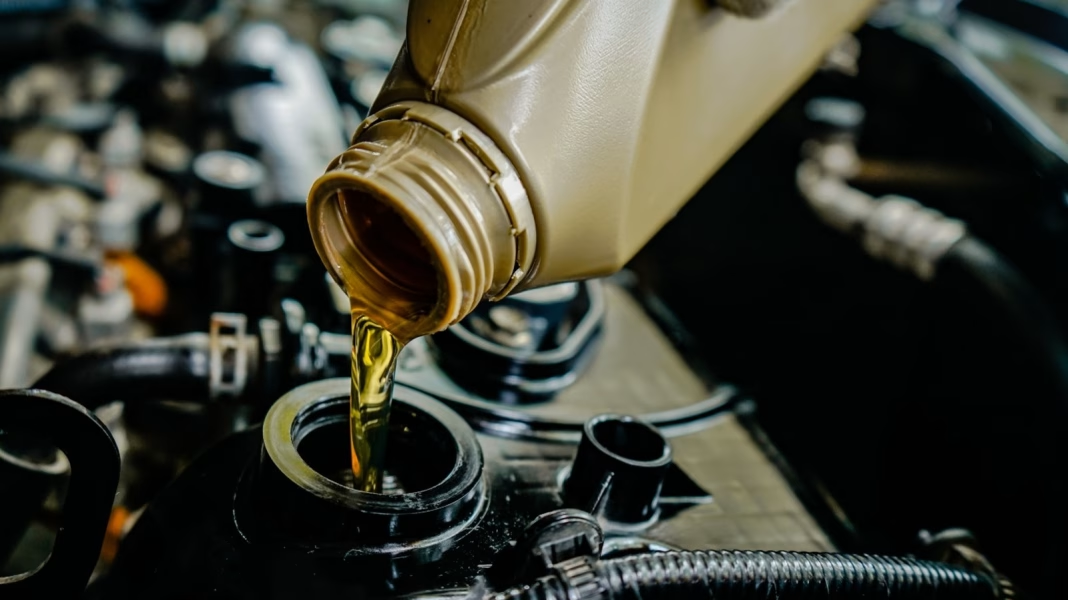Noticing a gasoline smell when you’re checking your oil? That’s a red flag you shouldn’t ignore. It’s not just a minor inconvenience; it can indicate underlying issues that could lead to more significant problems down the line. Let’s dive into what this could mean for your vehicle and what steps you should take next.
What Does It Mean If Your Oil Smells Like Gasoline?
When you detect a gasoline odor in your engine oil, it typically suggests that gasoline is contaminating the oil. This can happen for several reasons, and understanding them is crucial for maintaining your vehicle’s health.
One common culprit is a faulty fuel injector. If an injector is leaking or not functioning correctly, it can allow excess fuel to enter the engine oil. This not only dilutes the oil but also compromises its ability to lubricate engine components effectively. Over time, this can lead to increased wear and tear, resulting in costly repairs.
Another possibility is a malfunctioning piston ring. These rings are designed to seal the combustion chamber, and if they’re worn out or damaged, fuel can seep into the oil. This scenario is particularly concerning because it can lead to poor engine performance and, in severe cases, engine failure.
Additionally, if your vehicle has a carbureted engine, a stuck float in the carburetor can cause fuel to overflow and mix with the oil. This situation can be tricky, as it often goes unnoticed until you start smelling gasoline or noticing other performance issues.
How to Diagnose the Problem
If you suspect that your oil smells like gasoline, the first step is to check the oil level and condition. Pull out the dipstick and take a whiff. If it smells strongly of gasoline, it’s time to take action.
Next, consider checking for other symptoms. Is your engine running rough? Are you experiencing decreased fuel efficiency? These signs can help pinpoint the issue. If you’re comfortable with DIY car maintenance, you might want to inspect the fuel injectors and piston rings yourself. However, if you’re not sure what to look for, it’s best to consult a professional mechanic.
What Should You Do Next?
If you’ve confirmed that your oil has a gasoline smell, don’t delay in addressing the problem. Continuing to drive your vehicle in this condition can lead to more severe engine damage. Here are some steps to take:
1. **Change the Oil**: Start by changing the oil and oil filter. This will remove the contaminated oil and help prevent further damage. Make sure to use the correct oil type for your vehicle.
2. **Inspect Fuel System Components**: Have a mechanic check the fuel injectors, carburetor, and piston rings. They can diagnose the issue accurately and recommend necessary repairs.
3. **Monitor Engine Performance**: After addressing the issue, keep an eye on your engine’s performance. If the gasoline smell returns or if you notice any unusual behavior, it’s time to revisit the mechanic.
4. **Regular Maintenance**: To prevent future problems, stick to a regular maintenance schedule. This includes oil changes, fuel system inspections, and keeping an eye on engine performance.
The big takeaway? Smelling gasoline in your engine oil isn’t just a quirky car issue—it’s a sign that something’s off under the hood. Addressing it promptly can save you from more extensive repairs and keep your vehicle running smoothly. Start with one change this week, and you’ll likely spot the difference by month’s end.


